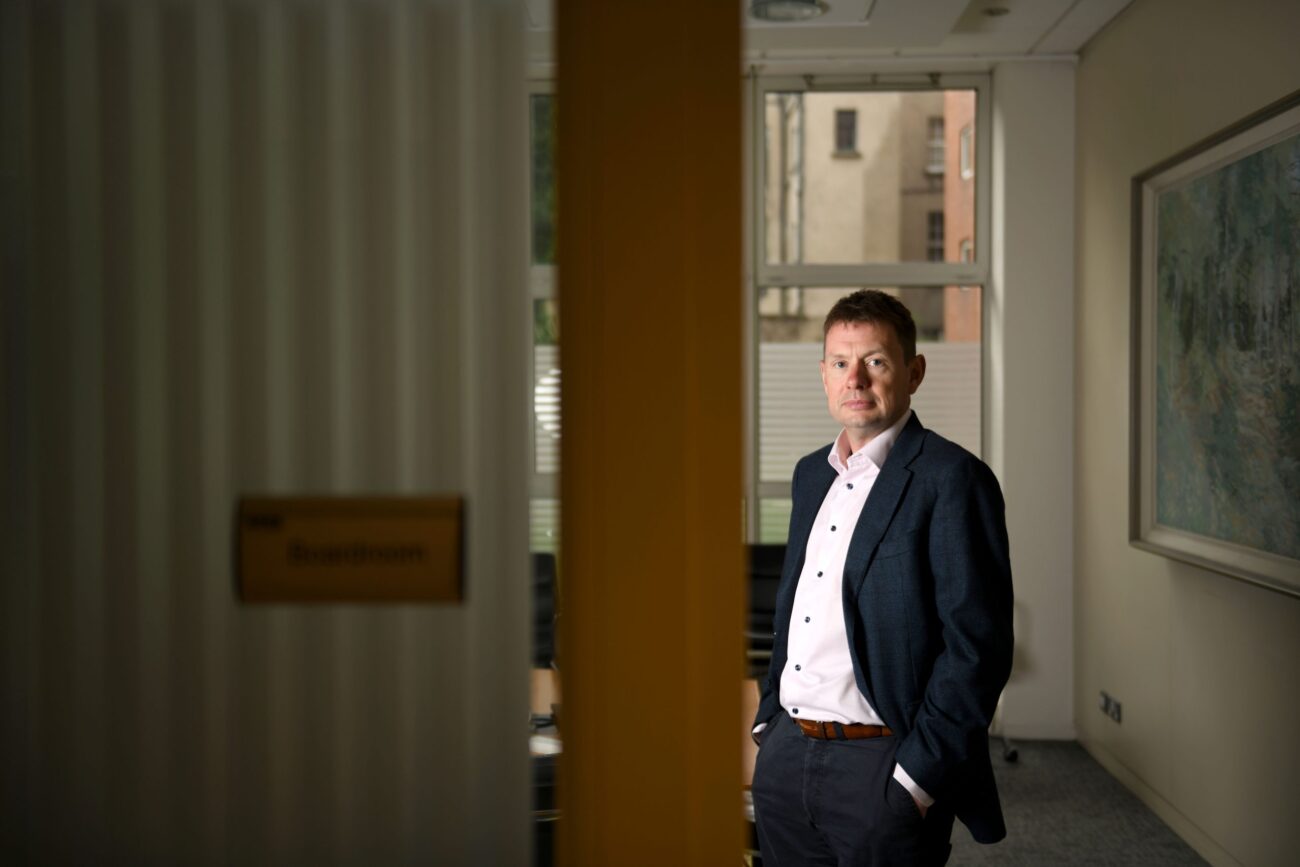By his own admission, Seamus Hand was somewhat surprised when it emerged this month that Ireland was one of just nine countries that did not sign a major agreement at the OECD to reform the global corporate tax regime. After all, the nine countries (since reduced to eight) include a number of jurisdictions regarded across the international community as tax havens such as Barbados and Saint Vincent & the Grenadines. However, the more Hand, the managing partner of professional services giant KPMG, thought about it, the more he became convinced that the Minister for Finance Paschal Donohoe had actually made…
Cancel at any time. Are you already a member? Log in here.
Want to read the full story?
Unlock this article – and everything else on The Currency – with an annual membership and receive a free Samsonite Upscape suitcase, retailing at €235, delivered to your door.

